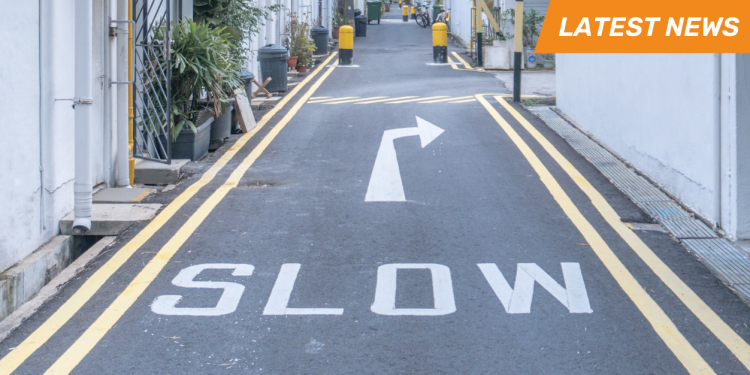1. SAF: PES system to be revised to focus on operational effectiveness
In Parliament on Monday, 1 March, Senior Minister of State for Defence Heng Chee How announced that the Singapore Armed Forces (SAF) would be revising the Physical Employment Standards (PES) system to focus on operational effectiveness.
The move would be a departure from the current stratification of full-time servicemen as combat-fit or non-combat-fit, and would also extend the range of operational roles to cater to soldiers with different capabilities.
Mr Heng said that Mindef is assessing the use of functional assessment to gauge if a serviceman is suited to a specific vocation. This would be expanded to other vocations such as tank operators if proven to be successful.
These developments follow the suggestions of an NS review committee which was set up in 2020 to explore how to better match servicemen’s skill sets to their vocations, to help fulfil the needs of a new generation of soldiers.
Mr Heng mentioned that Mindef would be establishing new vocations and redesigning current ones for full-time servicemen.
He also said that Mindef would keep working to leverage on operationally ready national servicemen’s skills in their civilian jobs, to better support SAF’s operational needs.
2. New laws could be introduced to target harmful online content
Second Minister for Home Affairs Josephine Teo said that new laws could be tabled to address harmful online content, including the distribution of voyeuristic content and intimate pictures without prior consent.
On Monday, 1 March, she mentioned that the Ministry of Home Affairs (MHA) and the Ministry of Communications and Information are assessing how the issue should be handled, adding that the Internet has enabled the distribution of such content to be quick and easy.
Ms Teo said that regulations to handle harmful content have been deemed necessary by many countries, and that not every platform would handle such content in a manner that is best suited to fit society’s interests.
Her answer came in response to Mr Zhulkarnain Abdul Rahim (Chua Chu Kang GRC)’s question if there were ways to safeguard Singapore against harmful online content, after the arrest of a self-radicalised Singaporean teenager.
3. Motorists who commit offences in Silver Zones to face harsher penalties
On Monday, 1 March, Minister of State for Home Affairs Desmond Tan said that motorists who commit offences at pedestrian crossings, or who put pedestrian safety at risk, would face harsher penalties, to help protect elderly pedestrians.
Silver Zones, which are based in areas with a higher population of elderly people, will now fall under the School Zone Demerit Point framework. Harsher penalties will also be enforced for those who commit offences in school zones.
At present, motorists who commit offences within school zones receive an additional demerit point. MHA said that the current policy compels motorists to “drive with extra caution in such areas, and enhances safety for students”.
This follows findings from the police’s annual road traffic situation report, which indicated that over 80 per cent of fatal accidents involving pedestrians in 2020 consisted of accidents that involved elderly pedestrians aged 60 and above.
Join the conversations on THG’s Facebook and Instagram, and get the latest updates via Telegram.














